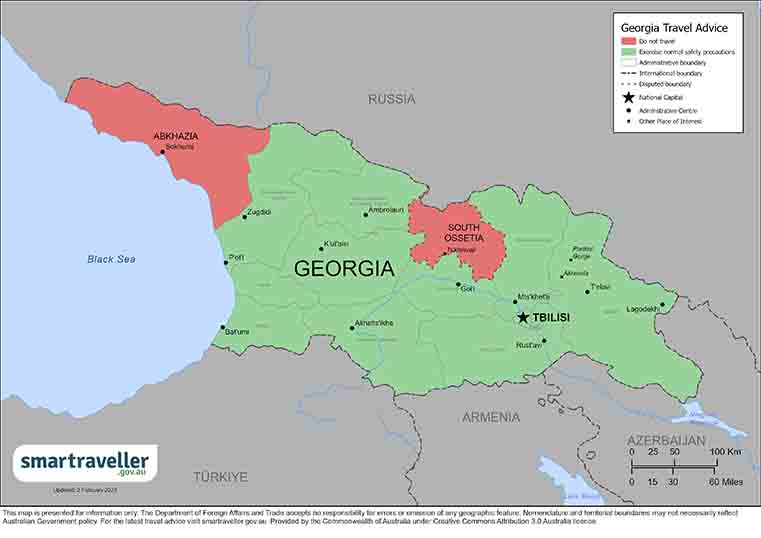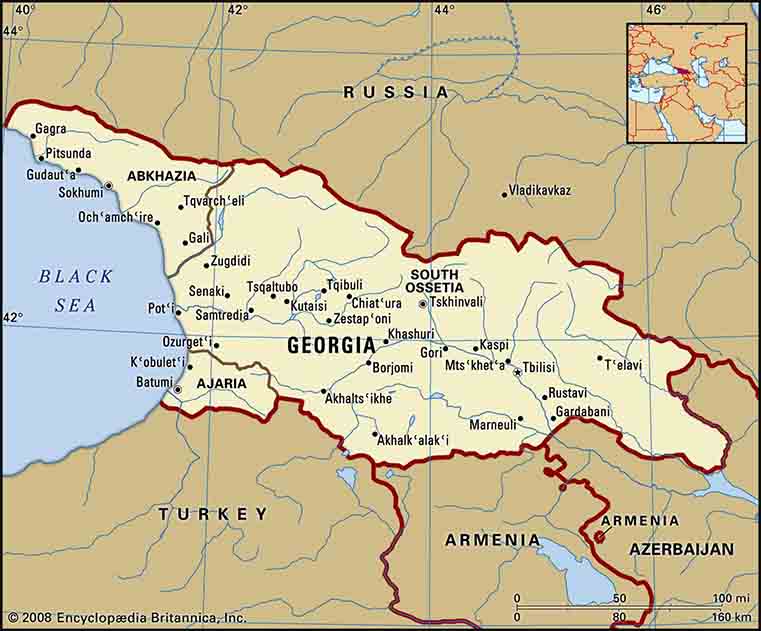In response to the recent detection of avian influenza in nearby regions, Georgia officials have taken swift action to protect the state’s poultry industry and public health. Following consultations with veterinary experts and health authorities, a series of immediate cancellations of poultry events has been enacted. This decision is aimed at preventing the potential spread of the virus, which poses a significant threat not only to birds but also to the agricultural economy. the affected events include fairs, exhibitions, and trade shows that typically showcase local poultry and related agricultural products.
Officials have emphasized the importance of biosecurity measures and have urged poultry farmers and owners to remain vigilant.To assist in minimizing risks, thay have distributed guidance on best practices for poultry management during this critical time. Key recommendations include:
- Enhanced sanitation: Regular cleaning and disinfection of equipment and facilities.
- Monitoring flock health: Daily observation for signs of illness among birds.
- Limiting flock exposure: Reducing visitor access to barns and enclosures.
As investigations continue, state officials are committed to providing updates and resources to ensure the safety and sustainability of Georgia’s poultry industry.
Understanding the risks: How Bird Flu Spreads and Its Impact on Local Agriculture
The recent detection of bird flu in Georgia has forced state officials to take precautionary measures, including halting poultry events to curb the potential spread of the virus. Avian influenza, notably the highly pathogenic avian influenza (HPAI) strains, poses significant threats not only to bird populations but also to the agricultural economy dependent on poultry farming. The virus primarily spreads through direct contact between infected birds and healthy ones, as well as through contaminated environments, feed, and equipment. Therefore, the closing of fairs and exhibitions serves as a critical intervention to prevent gatherings that could inadvertently facilitate transmission among birds.
The impact on local agriculture can be profound. Farmers may face significant economic losses as an inevitable result of culling infected flocks or experiencing reduced sales due to trade restrictions. Factors contributing to the economic strain include:
- Market Disruption: Events tailored for showcasing poultry frequently enough serve as vital marketing tools for farmers.The cancellation of such events can hinder their ability to sell livestock and generate income.
- Increased biosecurity Costs: Farmers must invest in heightened biosecurity measures to protect their flocks, which may lead to increased operational costs.
- Potential Trade Bans: Detection of the virus frequently enough leads to trade bans from other states or countries, further complicating the economic landscape for poultry producers.
As Georgia navigates the complexities of this outbreak, understanding the dynamics of bird flu transmission and its ripple effects on agriculture is paramount for farmers, officials, and consumers alike.
 Protective Measures: Recommendations for Poultry Farmers and Event Organizers
Protective Measures: Recommendations for Poultry Farmers and Event Organizers
in light of the recent detection of avian influenza in Georgia, it is imperative for poultry farmers and event organizers to adopt essential protective measures to safeguard both their livestock and the broader community. First and foremost, all farmers should conduct regular health assessments of their flocks to promptly identify any signs of illness. Implementing strict biosecurity protocols, such as controlling access to poultry houses and utilizing protective clothing, can significantly mitigate the risk of disease transmission. It is advisable to regularly disinfect facilities and equipment to eliminate potential pathogens. Thes precautionary steps will help ensure that poultry remain healthy and that any potential outbreaks can be swiftly contained.
For event organizers, the responsibility of maintaining public health is paramount, especially during rural and agricultural fairs where poultry exhibitions are prominent. recommendations include:
- Postponing or cancelling events if bird flu cases are confirmed in nearby areas.
- Implementing health screenings for all birds before they are allowed on-site.
- Educating attendees about the symptoms of bird flu and appropriate hygiene practices.
- Establishing clear communication channels with local health authorities for real-time updates and directives.
By adhering to these guidelines and fostering a culture of vigilance, both poultry farmers and event organizers can significantly reduce the risk of bird flu spreading, ensuring the safety of the poultry population and protecting public health.
 Community Awareness: Educating the Public on bird flu Symptoms and Prevention Strategies
Community Awareness: Educating the Public on bird flu Symptoms and Prevention Strategies
As the threat of bird flu looms over Georgia, it is vital for the public to be well-informed about the disease’s symptoms and preventive measures. Health officials are urging residents to recognize the signs of infection in both domestic and wild birds. Common symptoms to look out for include:
- Sudden death in birds without any previous signs of illness
- Staggering or difficulty in movement
- swelling around the eyes and neck, along with a loss of appetite
- Nasal discharge or coughing in affected birds
In addition to recognizing symptoms, it’s crucial for the community to adopt effective prevention strategies. Key recommendations from state officials encompass:
- Avoiding contact with wild birds, especially waterfowl
- Reporting unusual bird deaths to local authorities immediately
- Maintaining biosecurity measures in poultry farms, including regular cleaning and disinfection
- Educating others in the community about the risks and signs of infection
By implementing these strategies and staying informed, Georgians can play a significant role in controlling the spread of bird flu and protecting both their health and the health of their avian neighbors.